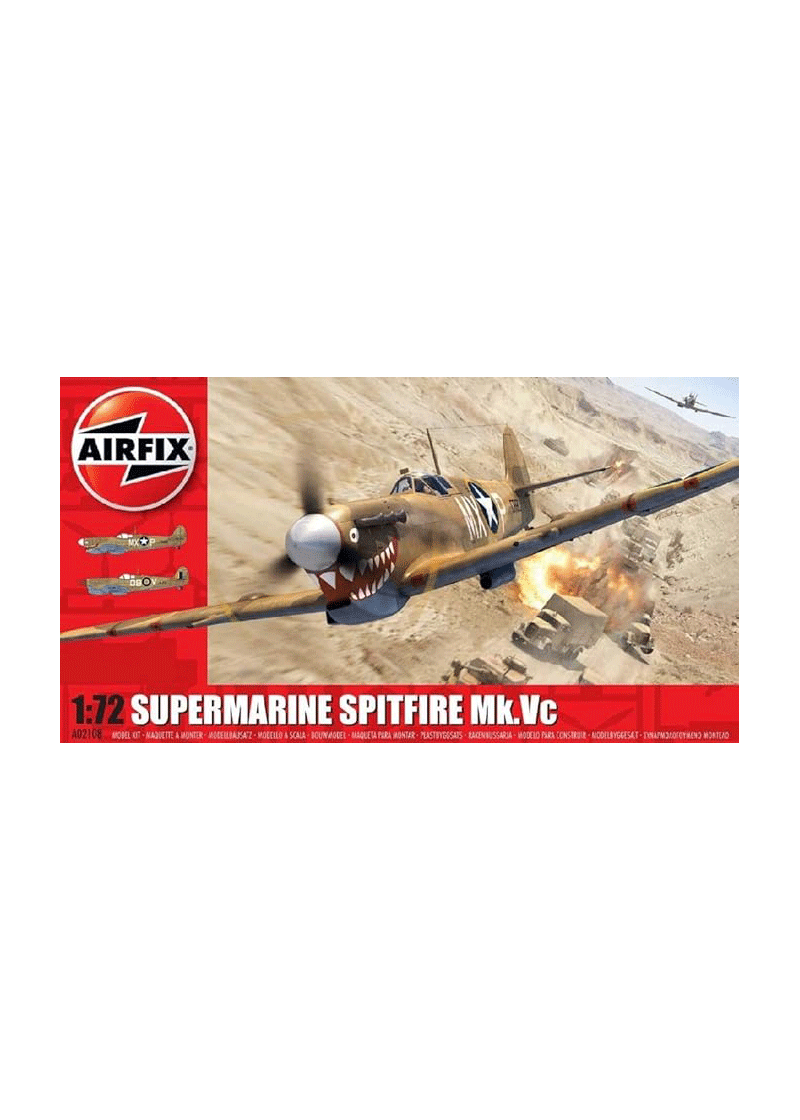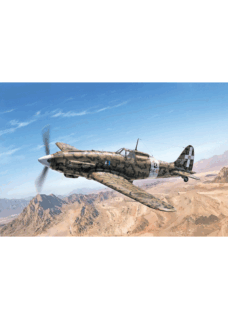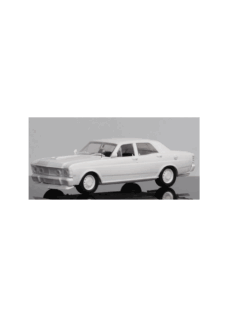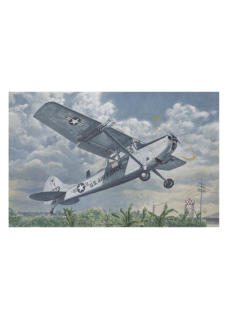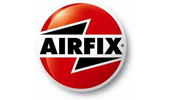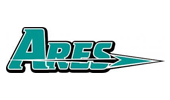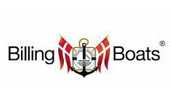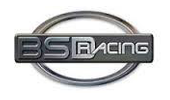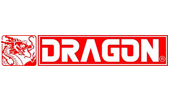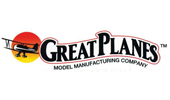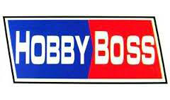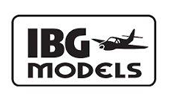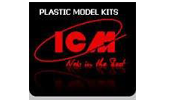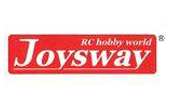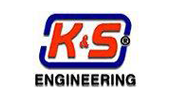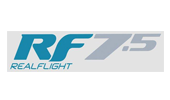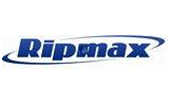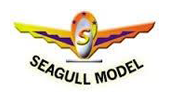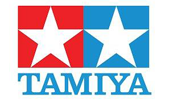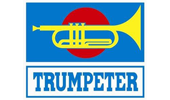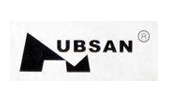Airfix A02108 Supermarine Spitfire Mk.Vc
1 in stock
$26.90
1 in stock
CompareProduct Info
About the Aircraft:
A much more complicated aeroplane than the Hawker Hurricane which preceded it into RAF service, the Spitfire represented the pinnacle of aviation design when the first examples were delivered to No.19 Squadron at Duxford in the summer of 1938. As the clouds of war were gathering, the RAF were going to need as many of these magnificent aeroplanes as they could get.
The Spitfire’s Finest Hour came during the savage dogfights of the Battle of Britain, where the enduring reputation of this iconic fighter was secured in a four month struggle for aerial supremacy in the skies above Southern England. Fighting alongside the more numerous Hawker Hurricanes, Fighter Command thwarted the Luftwaffe in their attempt to clear the skies of British fighters and effectively removed the immediate threat of German invasion. Following the end of the Battle of Britain and a period of rest and replenishment, the RAF were ready to go on the offensive, with raids across the Channel selecting targets of opportunity and attempting to lure the Luftwaffe into combat. The Spitfire has the distinction of being the only Allied fighter to be in continuous production throughout the Second World War and was constantly upgraded to keep it at the forefront or wartime fighter technology. The Spitfire Mk.V combined the additional power of the Rolls Royce Merlin 45 engine with the original Mk.I/II airframe (plus a number of design improvements for the proposed future Mk.III) and proved to be more than a match for the latest Luftwaffe fighter. Spitfire Mk.V fighters were produced at a spectacular rate with almost 6,500 manufactured. Seeing service in every theatre the Allies contested the war, Spitfire Mk.Vs fought in the home defence role above the deserts of North Africa and jungles of the Far East.
Introduction of the Spitfires C or Universal Wing was something of an engineering triumph and provided the fighter with a wing capable of supporting various weapons configurations. The new wing strengthened the undercarriage, making the challenging ground handling a little more manageable for pilots. In order to preserve engine life whilst operating in hot and dusty airfield environments, the fitting of a Vokes Air Filter under the front cowling of the aircraft may have done little for the aesthetic appeal of the Spitfire, yet it clearly illustrated that many would go on to operate in environments from which the aircraft was never originally intended. This further enhanced the enduring legacy of this magnificent aeroplane.
About the Model:
For many people, the Supermarine Spitfire is regarded the most famous fighting aeroplane ever to take to the skies, and you can now bring this legacy home as part of your Airfix collection today. With a highly impressive history of service in the RAF and ability to survive even the most toughest of environments, this aircraft has definitely earned a spot in your Airfix collection! The Spitfire has two livery schemes as well as sprues, decals and vomces with 73 pieces in each kit. Described as arguably the most effective stop-gap aircraft the RAF ever introduced, this makes the Supermarine Spitfire a number one choice for Airfix fans and military enthusiasts alike.


